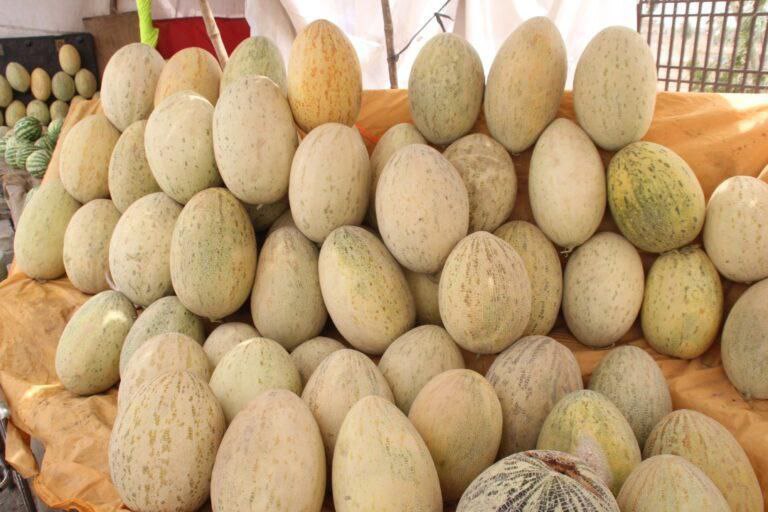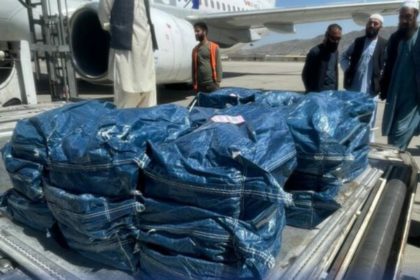RASC News Agency: Farmers in Kunduz province report that despite a bountiful melon harvest, there is no market for their produce. They emphasize that they are not making a significant profit from selling melons. Kunduz farmers are calling for their products to be introduced to global markets, noting that due to widespread poverty and an unprecedented decline in purchasing power, there is little demand for melons within the country.
Since the Taliban took control of Afghanistan, unemployment has surged, and poverty has reached unprecedented levels, leaving many without basic necessities. The rise of the Taliban has stripped citizens of their freedoms, leading to the collapse of the job market and widespread economic hardship. While the Taliban focus on maintaining their regime, the population struggles with severe poverty. Many Afghanistanis can no longer afford any type of fruit, using whatever small amounts of money they have to meet their basic needs.
Farmers in Kunduz criticize the Taliban-controlled Ministry of Agriculture for failing to support them. Instead, during the harvest season, the ministry forcibly collects religious taxes such as “usher” and “zakat” from them. Numerous farmers in Kunduz complain about the plummeting prices of melons and the lack of a sales market. They note that despite an increase in melon production, there is no substantial market for their goods.
Kunduz farmers invest significant effort into cultivating melons, yet they are unable to cover their costs. They explain that their melon produce is only sold in a few neighboring provinces. Fahim, a farmer in Aliabad district of Kunduz, reports that he planted melons on 20 acres of land, but has not achieved substantial sales.
This Kunduz farmer adds, “The usher and zakat collectors come and take their share, but offer no assistance. They don’t provide improved seeds or chemical fertilizers. They just come to collect and then leave.” Shamsullah, another agricultural worker in Kunduz, says buyers purchase farmers’ produce at very low prices, which does not cover the costs and efforts involved in cultivation.
This Kunduz farmer states, “We gather a truckload of melons, pay for transport to the fruit market, but it doesn’t sell for more than 1,500 kabuli rupees. Each melon might cost me 10 to 30 kabuli rupees, and with transport costs and labor, there is no profit.” Meanwhile, the Afghanistan-Pakistan Joint Chamber of Commerce has announced that the export of fresh fruits and vegetables to Pakistan has been halted for two weeks due to “significantly increased” customs tariffs imposed by Islamabad.






